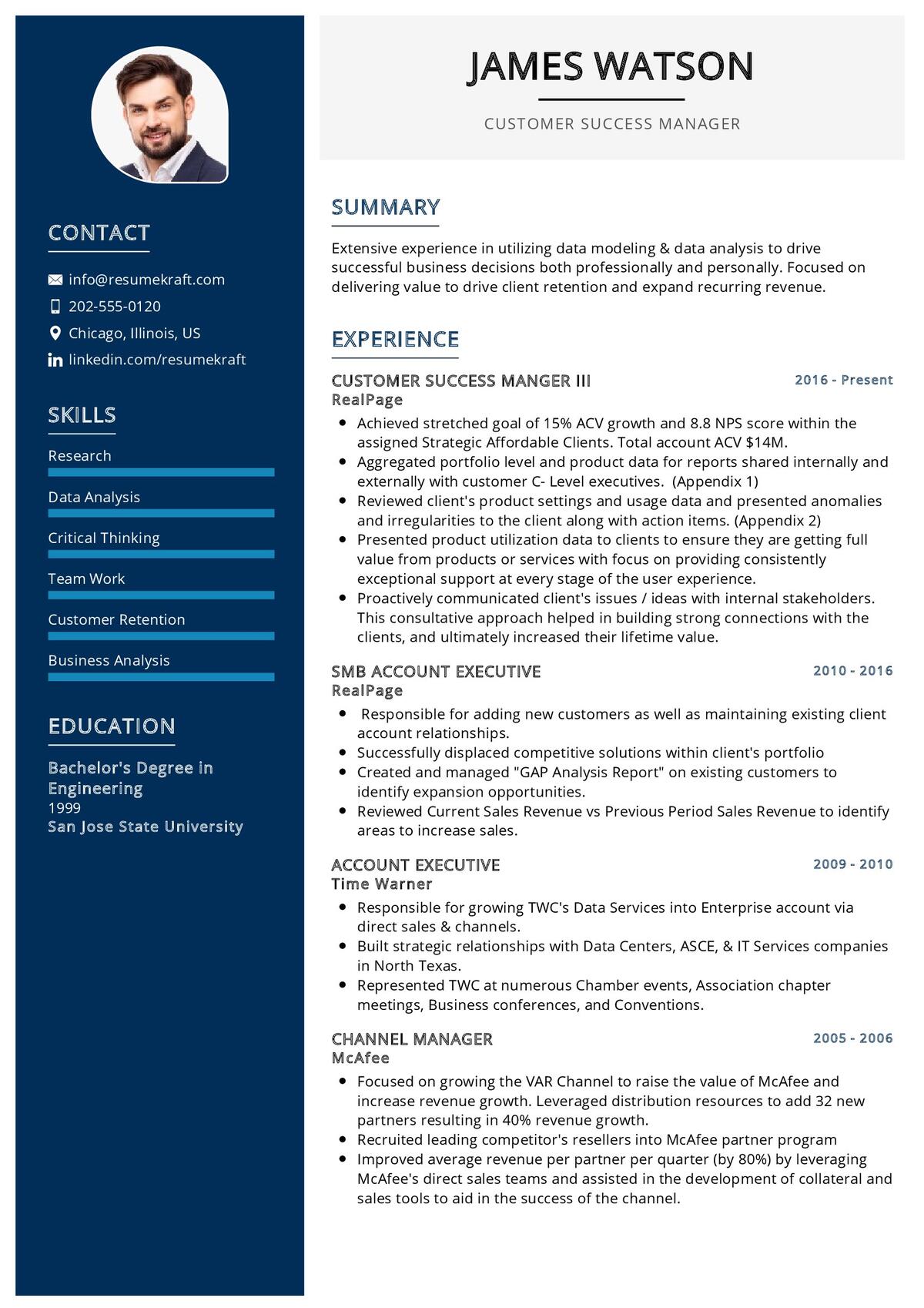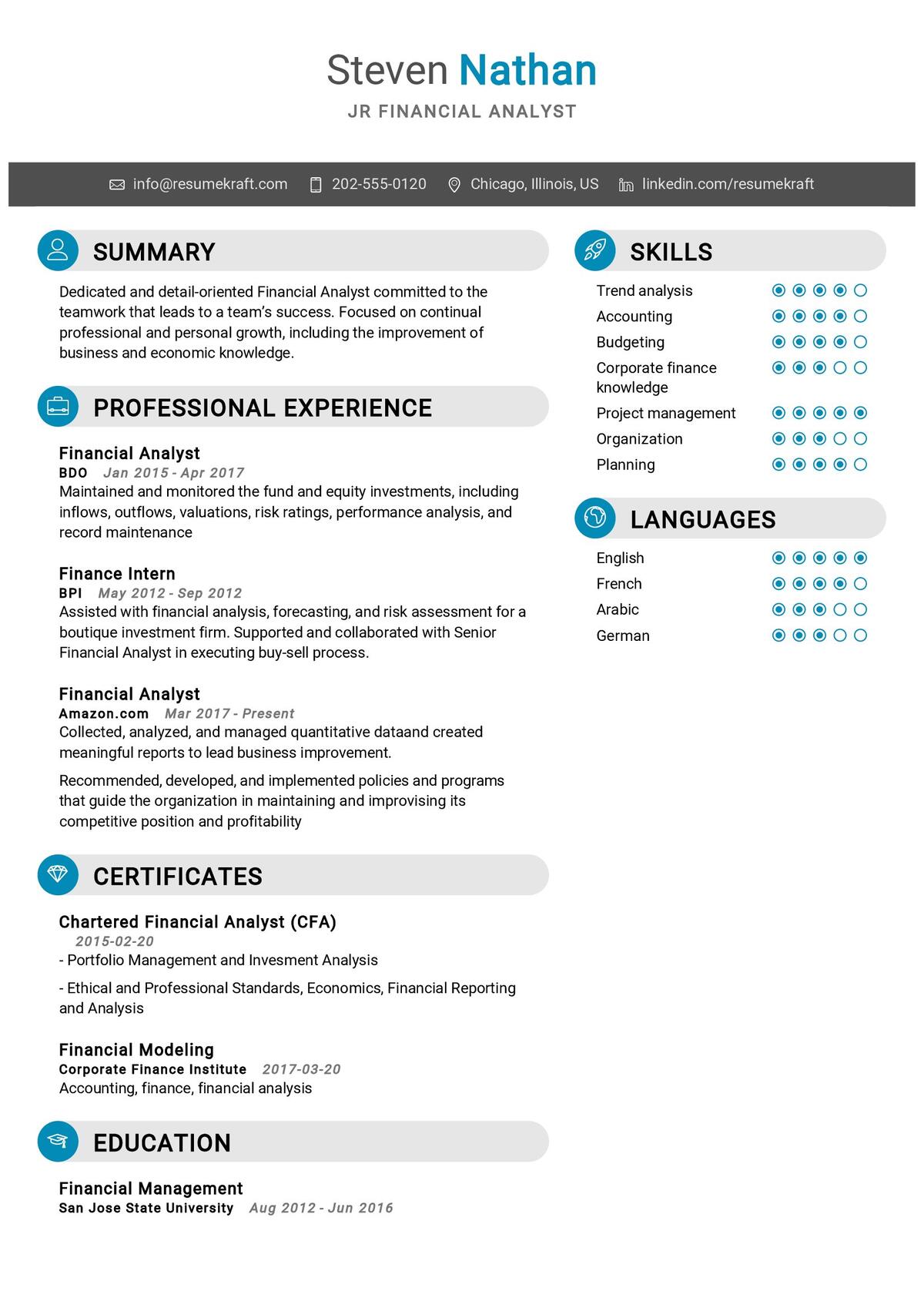
Making a career change can be a challenging task. There are so many things to consider and it’s hard to know where to start. But don’t worry, we’re here to help. In this article, we’ll give you some tips for making a successful career change. We’ll help you figure out what you want to do, how to make the transition, and how to make the most of your new career. So if you’re thinking about making a change, read on.
Define your goals:
Without a clear idea of what you hope to achieve, it will be difficult to make a successful career change.
Defining your goals will help you narrow your focus and develop a clear plan of action.When making a career change, it is important to have a clear idea of what you hope to achieve. Defining your goals will help you narrow your focus and develop a clear plan of action. Without a clear goal in mind, it will be difficult to make a successful career change.
There are a few things to keep in mind when defining your goals:
1. Be realistic: It is important to be realistic when setting goals. If your goal is unrealistic, you are setting yourself up for disappointment.
2. Be specific: A specific goal is more likely to be achieved than a general goal. When setting a goal, be sure to include a timeline and a plan of action.
3. Be positive: A positive attitude is essential for achieving any goal. Believe in yourself and your ability to reach your goals.
4. Be flexible: Be prepared to adjust your goals as necessary. If you find that you are not making progress towards your goal, it may be necessary to make a change.
Making a career change can be a daunting task, but by defining your goals, you can increase your chances of success. Take the time to sit down and carefully consider what you hope to achieve. With a clear goal in mind, you will be on your way to making your dream a reality.
Do your research:
Once you have a better understanding of what you want, it’s time to start researching your options.
Consider what you want from your career. What are your goals? What are your values? What type of work would make you happy? Once you have a better understanding of what you want, it’s time to start researching your options.There are a number of ways to research your options. You can start by talking to people who are already working in the field you’re interested in. Ask them about their experiences and what they like and don’t like about their job. You can also look for information online, in books, or in magazines.
Another important step in researching your options is to consider your skills and experience. What are you good at? What do you enjoy doing? What type of work have you done in the past? Once you have a better understanding of your skills and experience, you can start to look for jobs that match your qualifications.
If you’re not sure what you want to do, that’s okay. Many people don’t know what they want to do with their lives. The important thing is to start exploring your options. Talk to people, look for information, and consider your skills and experience. The more you learn, the closer you will be to finding a career that’s right for you.
When it comes to finding a career, it is important to consider what you want and what will make you happy. There are a number of ways to research your options in order to find a career path that is best suited for you. It is helpful to talk to people who are already working in the field you are interested in and to look for information online, in books, or in magazines. Additionally, it is important to take into account your skills and experience when searching for a career. If you are unsure of what you want to do, that is okay. The most important thing is to start exploring your options so that you can narrow down your choices and find a career that you are passionate about.
Consider your timeline:
Making a career change can take time, so it’s important to consider your timeline and set realistic expectations.
It can take time to research different career options and figure out what might be the best fit for you. It’s important to set realistic expectations for yourself and be patient as you explore your options. Once you have a clearer idea of what you want to do, you can start taking steps to make your transition. This might include updating your resume, networking, or taking classes to gain new skills. Making a career change can be a rewarding process, but it’s important to take your time and make sure it’s the right decision for you.
Maybe you’ve been working in the same job for years and you’re starting to feel stagnant. Or maybe you’re just not passionate about your current career and you’re ready for a change. Whatever the reason, making a career change can be a daunting task. But it doesn’t have to be. If you’re thinking about making a career change, the most important thing to do is to take your time and do your research. There’s no rush to make a decision, so you can afford to be thoughtful and deliberate in your choice.

Start by exploring different career options and doing some research to figure out what might be the best fit for you. Once you have a clearer idea of what you want to do, you can start taking steps to make your transition. This might include updating your resume, networking, or taking classes to gain new skills.
Making a career change can be a rewarding process, but it’s important to take your time and make sure it’s the right decision for you.
Get your finances in good shape
Your finances are in good shape if your income is greater than your expenses, you have a handle on your debt, and you’re saving for your future. But if your spending is out of control, you’re carrying too much debt, or you’re not saving enough for retirement, it’s time to get your finances in order.
There are a few key things you can do to get your finances in order:
1. Make a budget and stick to it. The first step to getting your finances in order is to create a budget. Determine how much money you have coming in and what your regular expenses are. Then, track your spending to see where you can cut back. Once you have a budget in place, stick to it as best you can.
2. Get rid of high-interest debt. If you’re carrying a lot of debt, it can be difficult to get ahead financially. Make a plan to pay off your high-interest debt as quickly as possible. You may need to make some sacrifices, but it will be worth it in the long run.
3. Build up an emergency fund. Life is unpredictable and emergencies happen. That’s why it’s important to have an emergency fund to cover unexpected expenses. Aim to save enough money to cover at least three months of living expenses.
4. Invest for the long term. Investing is a great way to build your wealth over time. When you invest, you’re essentially putting your money into something that has the potential to grow. This can be a great way to secure your financial future.
5. Live below your means. One of the best things you can do for your finances is to live below your means. This means spending less than you earn and investing the difference. It’s a simple concept, but it can be difficult to put into practice. If you can live below your means, you’ll be in good shape financially.
Making small changes in your spending and saving habits can have a big impact on your finances while you are thinking about career change. If you’re not happy with where you’re at financially, make a plan to get your finances in order. It’s worth it in the long run.
Network:
One of the most important things you can do when making a career change is to network It allows you to meet new people in your field, learn about new opportunities, and make valuable connections. Here are some tips for networking successfully:
- Attend industry events and conferences.
- Join relevant professional organizations.
- Get involved in online forums and groups related to your industry.
- Connect with people you know who work in your desired field.
- Attend networking events specifically for job seekers.
- Use social media to connect with potential employers and recruiters.
- Meet one-on-one with mentors and industry experts.
- Ask for informational interviews.
- Keep your elevator pitch ready at all times.
- Follow up after meeting someone new.

Get experience:
If you’re looking to make a career change, it’s important to get experience in your new field. One way to do this is to volunteer or intern in your desired industry. This will not only give you the opportunity to learn new skills and gain knowledge, but also to network with professionals in your field.
Another way to get experience is to take courses or attend workshops related to your desired career. This can help to improve your skills and give you a better understanding of the industry.
In addition, it’s important to research your desired industry. This includes reading trade publications, attending industry events, and talking to professionals in the field. By doing your research, you’ll be better prepared to make a successful career change.
Making a career change can be a big decision, but it doesn’t have to be daunting. With some research and planning, you can make a smooth transition into your new field.
Be prepared for rejection:
Rejection is a part of life, especially when it comes to job hunting. It can be hard to deal with, but it’s important to remember that it’s not personal. Keep a positive attitude, be persistent, and don’t give up. Learn from each rejection and use it as motivation to keep trying.
If you’re having trouble getting over your fear of rejection, here are a few tips that might help:
- Get over your fear of rejection and be prepared to face it head-on.
- Don’t take rejection personally. It’s not about you as a person, it’s about the job or company not being a good fit.
- Keep a positive attitude and don’t give up.
- Learn from each rejection and use it as motivation to keep trying.
- Be persistent and don’t give up easily.
- Keep a positive outlook and don’t let rejection get you down.
- Be prepared to face rejection and don’t let it discourage you.
- Don’t take it personally and use it as motivation to keep trying.
Be willing to start from the bottom:
Sometimes, making a career change means starting from the bottom. Whether you’re changing industries or starting a new field, you may have to take a pay cut or an entry-level position.
Be willing to start from the bottom and work your way up. It may take some time, but it’ll be worth it in the end.
1. Do your research Before making any decisions, it’s important to do your research. Consider your skills, interests, and values. What industry or field do you want to enter? What type of position are you looking for? What are your long-term career goals? Once you have a good understanding of what you want, you can start exploring your options.
2. Be prepared for a pay cut If you’re changing industries or starting a new field, you may have to take a pay cut. Be prepared for this possibility and budget accordingly. It may be difficult to adjust to a lower salary, but keep in mind that it’s only temporary.
3. Start from the bottom You may have to start from the bottom in your new industry or field. Be willing to take an entry-level position or a pay cut. It may take some time to work your way up, but it’ll be worth it in the end.

4. Be patient making a career change can be a long and difficult process. Be patient and don’t get discouraged. It may take some time to find the right position, but eventually you’ll find a career that’s a good fit for you.
5. Get help There are many resources available to help you with your career change. Talk to friends, family, or a career counselor. They can offer support and advice. There are also many online resources, such as job search engines and career websites. Use these resources to help you find information about different industries and occupations.
So, making a career change is a big decision. It’s important to do your research and be prepared for the challenges that come with it. Be patient and eventually you’ll find the right career for you.
Planning to Write a Resume?
Check our job winning resume samples


Frequently Asked Questions about Career change
1. Do your research: be sure to explore different career options and research what it would take to transition into a new field.
2. Create a plan: make a realistic plan for how you will make the transition, including steps, timelines, and resources.
3. Build a support network: tell your friends and family about your plans and seek out mentors and other professionals who can help you.
4. Be patient and persistent: making a career change can be a long and difficult process, but it is important to stay focused and committed.
There are a number of ways to research different career options. You can talk to friends and family, read books and articles, or look online. You can also attend career fairs and informational interviews.
Your plan should include steps, timelines, and resources. You should start by doing your research and exploring different options. Once you have an idea of what you want to do, you can start making a plan. Your plan should be realistic and achievable.
If you’re considering a career switch, there are a few things you should take into account. First, think about what you’re passionate about.
1. Have a good idea of what you’re interested in, research the different career options available to you. Next, look at your skillset.
2. Have you’ve identified your skills, research careers that would be a good fit.
Finally, take a look at your lifestyle. Would a career switch allow you to make the changes you want to see in your life? All of these factors are important to consider when making the decision to switch careers. Taking the time to do your research and make a thoughtful decision will help ensure that you’re making the best choice for you.
Conclusion
In conclusion, making a career change can be a difficult endeavor. There are many factors to consider, and it can be tough to know where to start. However, by doing your research, staying positive, and being patient, you can make a successful career change.
Recommended Reading:

